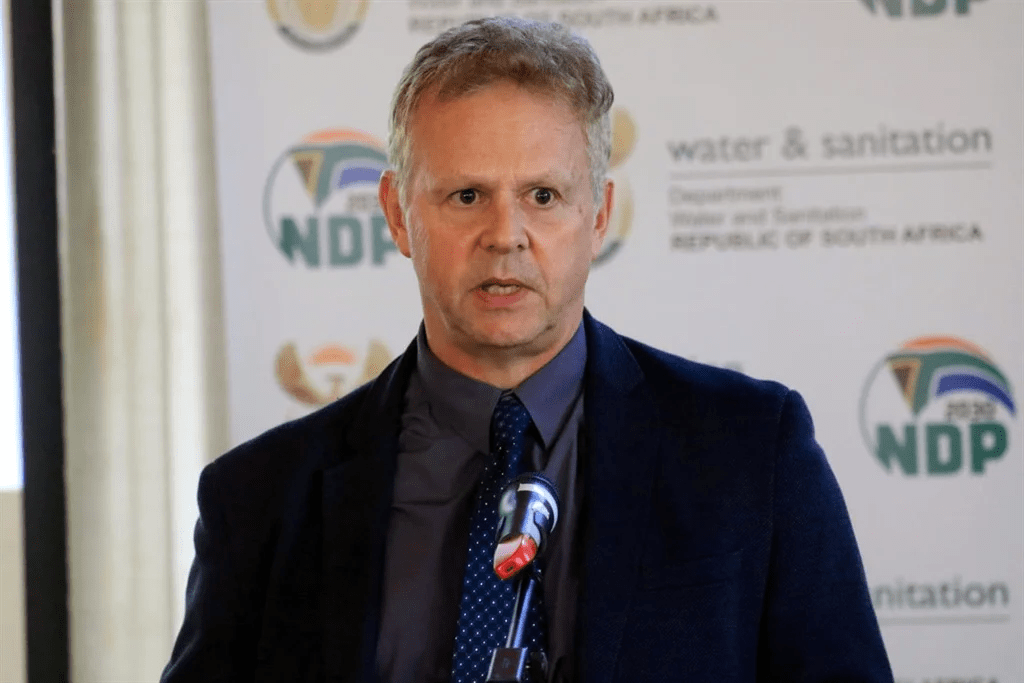26 April
The Minister for Health has announced a
number of developments and proposed actions in relation to
FASD in Aotearoa New Zealand, including a commitment to
train health professionals to diagnose FASD, a pilot
programme for whānau and caregivers, a national campaign to
raise awareness and a revitalisation of the FASD Action
Plan.
Dr Leigh Henderson, the Chair of FASD-CAN, the
organisation supporting people with FASD and their families,
was encouraged by the renewed activity and intiatives
announced by the Minister. “A diagnosis is life-changing
for individuals with FASD. As a ‘hidden’ disability,
FASD can be ignored or blamed on poor parenting.”
Dr
Henderson, a mother of a young adult with probable FASD,
explained. “Early diagnosis, followed by early
interventions and access to disability support, can improve
life outcomes for the child with FASD and the family who
supports them,” she said.
Getting a diagnosis in
Aotearoa New Zealand is very difficult. “The main routues
to diagnosis are if the young person enters the care or
justice systems. Many families spend years trying to get an
assessment for their child and some resort to a private
diagnosis costing up to $9000,” explained Dr
Henderson.
One caregiver said, “We did have a
paediatrician tell us when he was 12 he was sure if was FASD
but encouraged us not to get a formal dianosisi becauce at
the at time there was no support for FASD and he said the
stigma could be worse.”
For those who are
‘lucky’ to get a diagnosis, the outcome can be
transformative. “Diagnosis gave us the evidence that her
brain was damaged, rather than it being wilful behaviour.
That was so important in subsequent interactions with
educators and medical personnel and for her own mental
state,” said Kathryn Lawlor, a mother of a teenage
daughter with FASD.
Advertisement – scroll to continue reading
FASD is a very common
neurodisability in Aotearoa New Zealand, but is largely
hidden. It affects between 3-5% of the population. FASD-CAN
CEO, Stephanie James-Sadler, expects many families to
welcome this announcement. “Approximately 60,000 of people
under 18 years old are affected by this neurodisability.
Action on FASD has been very slow but these new commitments
will make a material difference to the difficult, stressful
lives of those with FASD as well as their whānau and
carers,” she explained.
“However, so much more
needs to be done to support the needs of people with this
lifelong brain damage and their whānau. FASD can impact
people across a range of areas – education, substance
misuse, mental health, employment, justice and suicide.
Early intervention is critical if we want to reduce the risk
of these outcomes,” said James-Sadler.
Government
guidelines state that no level of alcohol is safe during
pregnancy. FASD can be caused by any level of exposure to
alcohol. “We strongely welcome a campaign to reduce the
numbers of children affected and to reduce the stigma to
children and their families who currently live with FASD,”
said Dr Henderson. The announcement addresses the need to
reduce the high level of unplanned pregnancies where a baby
may be exposed to alcohol.
FASD-CAN also welcomes any
potential collaboration with a community-led pilot programme
to support whānau and caregivers.
FASD-CAN and other
advocates for the rights of people with FASD have again
called on the government to allow those with FASD to be
eligible for disability support. The commitment of this
government to address priorities for FASD gives hope to
families living with
FASD.
© Scoop Media
Advertisement – scroll to continue reading




















Discussion about this post